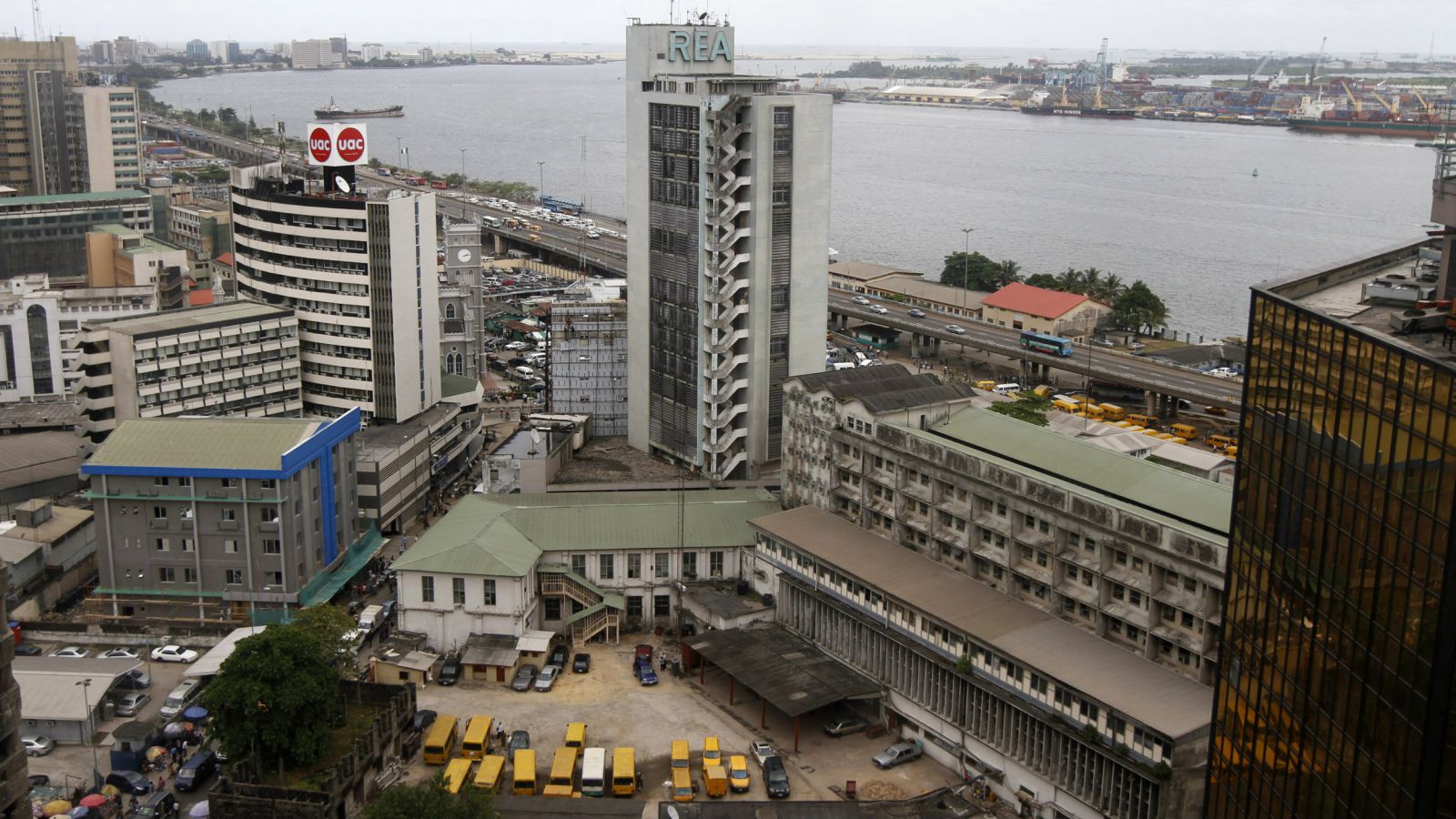The Airline Operators of Nigeria (AON) has blamed the poor performance of domestic airlines on multiple taxation by various agencies in the aviation sector.
Capt. Nogie Meggisson, Chairman, AON, made the claim on Sunday in Lagos while reacting to the takeover of Arik Air and Aero Contractors by the Asset Management Company of Nigeria (AMCON).
TheNewsGuru.com reports that the aviation agencies include the Nigerian Civil Aviation Authority (NCAA), Nigerian Airspace Management Agency (NAMA) and the Accident Investigation Bureau (AIB).
Others are the Federal Airports Authority of Nigeria (FAAN), the Nigerian Meteorological Agency (NiMet) and the Nigerian College of Aviation Technology (NCAT),Zaria.
Meggisson said it was unfortunate that the system had failed to recognise the pivotal role airlines could play in bringing the Nigerian economy out of recession.
“Rather, the system is continuously manipulating, feasting and pushing the financial envelope of airlines by inflicting multiple taxes and levies to the extent that airlines are now groaning under the pressure and some are going bankrupt.
“AON has been screaming and complaining about the same issue over the years that have culminated in sending over 27 airlines under in the past 25 years.
“A case in point is the recent takeover of Arik Air and Aero Contractors by AMCON in the face of huge financial burdens that have shown themselves as fallout of the multiple and sometimes unfair charges and taxes airlines are forced to grapple with on a daily basis.
“This is without recourse to the fact that aside from all the multiple charges, levies and fees, airlines still have to pay mandatory statutory corporate taxes to relevant agencies.”
According to him, airlines meet so many costly foreign exchange components on daily basis that accounts for 70 to 80 per cent of their direct operational cost such as jet fuel, spare parts, insurance and simulator training among several others.
He said inspite of all these challenges , the agencies continue to overburden the airlines with multiple taxes and levies which further puts strain on their operations and finances.
“The Civil Aviation Act of 2006 (Part 18.12.3) requires that the NCAA regulates civil aviation and the charges imposed by civil aviation authorities and/or agencies.
“These charges, in consultation with stakeholders,are to be approved and reviewed periodically by both parties.
“On the contrary however, airlines are saddled with charges without any form of consultation whatsoever.
“Domestic airlines, on the average, pay about 35 per cent to 40 per cent of a ticket cost as taxes and charges that come under the guise of statutory levies in addition to other charges.
“These include 5 per cent Ticket Sales Charge, 5 per cent Cargo Sales Charge, 5 per cent Value Added Tax (VAT), Passenger Service Charge, Charter Sales Charge, Aircraft Inspection Fees, Simulator Inspection Fees, Landing Charges and Parking Charges
Others are Terminal Navigational Charge, Enroute Charge, Fuel Surcharge, Airport Space Rent, Electricity Charges, and Apron Pass, Ramp Access Charges, ODC and a newly imposed Registration Fee all of which are paid to government agencies.
“Many of these taxes and charges amount to double taxation such that any incentive seemingly provided by government to airlines is taken back by the agencies,” Meggisson said.
He added that even with all these charges, many of the airports in the country do not have runway lights and navigational landing aids which meant such airports are only open between 7am and 6pm daily.
The AON chairman said :” To this end, airlines can’t fully utilise their airplanes for 24-hours operations. No airplane or factory machine can be profitable only from 7 a.m. to 6 p.m. daylight operations.
“Airplanes and factory machines are supposed to operate for 24-hours.
“Airlines also sometimes have to pay arbitrary extension fees or cancel a flight entirely with the attendant burden and inconvenience due to no fault of theirs.”
Meggisson, therefore called for a total harmonisation of all agencies’charges into a one-stop shop payment system which was recently proposed by a committee set up by government and supported by the airlines.
According to him, this will help in streamlining of all fees and charges by the various government agencies into a single window and remove any confusion and double billing.
He called for the provision of airfield lighting and navigational landing aids at all airports in Nigeria to reduce delays and cancellations and allow for 24-hours operation and better utilisation of airplanes.
The AON chairman also appealed to the government to extend tax holidays for the first 10 years for qualifying airlines in order to cushion the impact of start-up to ensure the survival and growth of domestic airlines.
“Airlines provide a critical socio-economic services and should not be treated as a cash cow and strangled out of existence by multiple taxes, levies and charges that are sometimes forced on the airlines without due consultations.
“We believe that government needs to reappraise the way it sees air transportation and accord it the support it truly deserves as done in other climes,” Meggison said.




